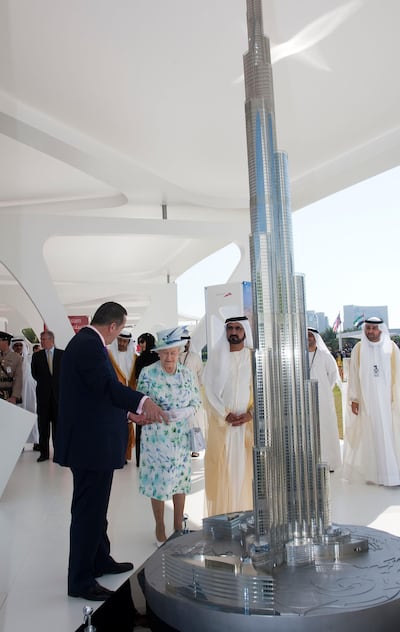Even before the Covid-19 outbreak blighted the global economy, the trading system was slowing down. Throughout 2019 forecasts of the World Trade Organisation for global trade growth were downgraded from 2.6 per cent in April to 1.2 per cent in October.
In fact merchandise trade volume actually fell by 0.1 per cent in 2019, weighed down by trade tensions, particularly between China and the US, and slowing economic growth.
The WTO now expects that 2020 is likely to see world merchandise trade plummet by between 13 and 32 per cent as a result of the pandemic.
It is predicted that almost all regions will see double-digit declines in trade volumes throughout this year with sectors that have complex value chains, such as electronics and automotive products, most affected with exports from North America and Asia hardest hit.
Opportunity to open up trade
Service economies are also likely to be heavily affected as a result of transport and travel restrictions.
How should the UK and our allies who share common goals, values and perspectives react to the situation?
How do we turn the massive challenge of getting the global economy moving into an opportunity to open up the trading system to the benefit of both advanced and emerging countries alike?
The UAE is one of the UK's most important trading partners and one of the fastest growing markets for UK exports.
Exports to the UAE from the UK now total more than £10.5 billion with Britain having a trade surplus of more than £4 billion.
Regularly rated as the most open Arab economy, the UAE has reduced the proportion of its gross domestic product dependent upon fossil fuels to 30 per cent and tax reforms, including the 5 per cent value added tax level applied in 2018, have made it fiscally more resilient in the face of fluctuating oil prices.
Ease of doing business
As the ease of doing business has improved, it has become a more attractive destination for investment and is increasingly likely to be seen as a launchpad to the wider region, including for joint ventures.
The massive Dubai Expo 2020 was designed to be a celebration of the UAE's future vision with the aims of supporting an expanded tourist industry, highlighting business innovation and focusing on its attractiveness as an investment destination.
Although the Expo has now been postponed by year due to Covid-19 this may prove to be an advantage in that, occurring at the point when the global economy will hopefully be experiencing accelerating growth, there is likely to be a renewed interest in innovation and development that improves resilience as well as efficiency.
Partners in an interdependent world
The UK sees the UAE as a strong trading partner, an increasingly attractive investment destination and a security ally in a region increasingly menaced by the Iranian regime's malign activity.
With the rise of global protectionism threatening the effect of operating of the world trading system, like-minded partners need to work together to reform the rules-based trading system to ensure that developing markets enjoy the same benefits and can achieve the same outcomes that developed countries already enjoy.
It is a reminder of how interconnected and interdependent the world economy has become in the era of globalisation.
Contagion, whether as a result of economic, security or natural events, in one part of the globe quickly ricochets around the rest.
While the concept of “over there” has become increasingly redundant, political systems have failed to adapt.
Rather than developing the necessary tools for dealing with unavoidably global problems, governments have taken refuge in either regional or national responses, which have become increasingly inward looking.
Even the biggest economies or trading blocs have found themselves incapable of dealing with these huge global events as their relative importance has diminished in a world where the economic centre of gravity has shifted to the Pacific.
Free, fair and open markets
It is essential that we reverse the recent trends towards protectionism if we are to pull out of the steep dive in the trading system that the Covid-19 outbreak has launched us into.
It is worth pointing out that after the financial crisis the G20 countries, in 2010, were operating around 300 non-tariff barriers to trade while by 2015 this number had almost quadrupled.
A little bit of consumer protection here, a little bit of environmental regulation there and the little pandering to domestic producer sentiment on top has led to a silting up of the global trading system which, but almost imperceptible at any one time, has had a damaging cumulative effect.

We need to reassert our basic belief in free, fair and open trade and back it up with action, including effective WTO reform.
Failure to do so risks a reversal of the historic reduction in global poverty that has been achieved over the past generation in such a failure would put pressure on global security with increased internal political disruption and greater external displacement of migrants and refugees.
Covid-19 may be taking up our political bandwidth today but there are huge problems waiting around the corner.
Thinking ahead and dealing with them alongside our allies will give us the greatest chance of success.
Liam Fox is a British MP and former Secretary of State for International Trade

